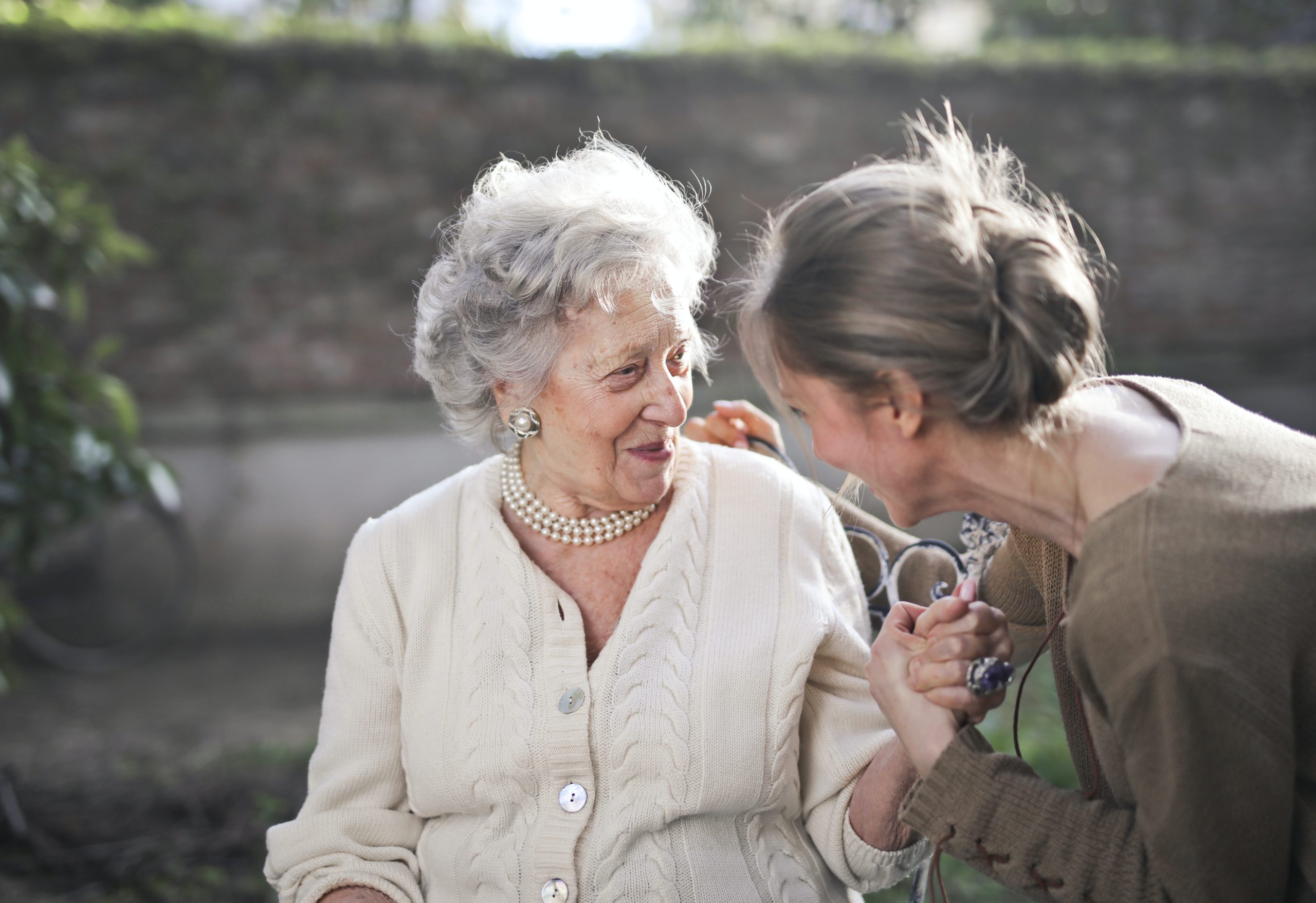
Vision and hearing are two crucial senses that greatly impact the overall quality of life, especially for seniors. These senses enable us to connect with the world around us, communicate effectively, and maintain our independence. Unfortunately, as we age, our vision and hearing abilities tend to decline, which can significantly impact daily activities and overall well-being.
Regular check-ups and proper care for vision and hearing health are essential to identify and address any issues early on, ensuring that seniors can continue to enjoy a fulfilling and active lifestyle.
The Role of Regular Check-ups
Regular check-ups with ophthalmologists and audiologists play a vital role in maintaining optimal vision and hearing health in seniors. These healthcare professionals are trained to assess, diagnose, and treat vision and hearing disorders, as well as provide preventive care.
During a vision check-up, an ophthalmologist will conduct various tests to assess visual acuity, eye muscle function, depth perception, and screen for common eye diseases such as cataracts, glaucoma, and macular degeneration. Early detection of these conditions allows for timely interventions and increases the chances of preserving or improving vision.
Similarly, hearing check-ups performed by audiologists can assess hearing abilities, identify any potential hearing loss or impairments, and determine the appropriate course of action. Timely intervention can prevent further deterioration and ensure seniors receive the necessary support, such as hearing aids or assistive devices, if required.
Common Vision and Hearing Problems in Seniors
As individuals age, certain vision and hearing problems become more prevalent:
Age-Related Macular Degeneration (AMD)
AMD is a leading cause of vision loss among seniors. It affects the macula, a small area in the retina responsible for sharp and central vision. Regular eye examinations can detect AMD early and help manage its progression.
Cataracts
A cataract is a clouding of the eye’s lens, leading to blurry vision. Surgery is often recommended to remove cataracts and restore clear vision. Regular eye exams aid in early detection and timely management.
Hearing Loss
Hearing loss is a common problem in aging individuals and can significantly impact communication and social interactions. Proper evaluation and intervention can improve quality of life and prevent further hearing decline.
Care and Prevention
Aside from regular check-ups, seniors can also take proactive steps to maintain their vision and hearing health:
Eat a Balanced Diet
Nutrients like omega-3 fatty acids, vitamins C and E, zinc, and lutein found in fruits, vegetables, and fish can promote eye health. A healthy diet also benefits overall well-being.
Protect Your Eyes and Ears
Shield your eyes from harmful UV rays by wearing sunglasses and protect your ears from loud noises by using earplugs or earmuffs. Preventing damage is easier than trying to reverse it.
Exercise Regularly
Physical activity improves blood circulation and may lower the risk of eye diseases like glaucoma and age-related macular degeneration. Exercise also benefits cardiovascular health.
Limit Screen Time
Extended screen time can cause eye strain and fatigue. Remember to take breaks and practice the 20-20-20 rule: every 20 minutes, look at an object 20 feet away for 20 seconds.
Stay Hydrated
The eyes and ears rely on proper hydration to function optimally. Drink enough water throughout the day to keep your body adequately hydrated.
Conclusion
Vision and hearing health are integral to a senior’s overall well-being and independence. Investing in regular check-ups and adopting preventative measures will help seniors maintain their vision and hearing abilities for longer, ensuring they can continue to enjoy life to the fullest. Remember, early detection and appropriate care are key to addressing any vision or hearing issues effectively.
Article by: [Your Name], Tech Copywriter

